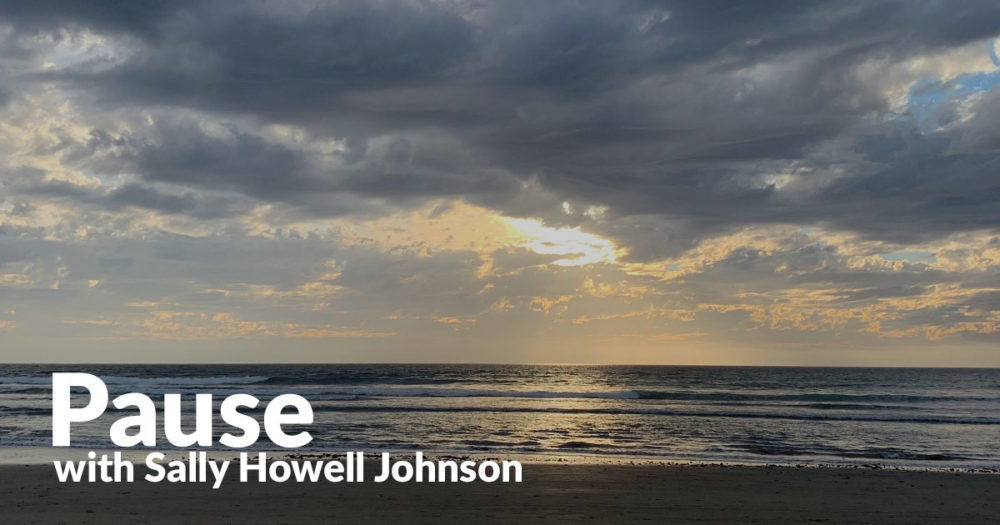"To your table you bid us come. You have set the places, you have poured the wine, and there is always room, you say, for one more. And so we come. From the streets and from the alleys we come. From the deserts and from the hills we come. From the ravages of poverty and from the palaces of privilege we come. Running, limping, carried, we come. We are bloodied with our wars, we are wearied with our wounds, we carry our dead within us, and we reckon with their ghosts. We hold the seeds of healing, we dream of a new creation, we know the things that make for peace and we struggle to give them wings. And yet, to your table we come. Hungering for your bread, we come; thirsting for your wine, we come;singing your song in every language, speaking your name in every tongue, in conflict and communion, in discord and in desire, we come, O God of Wisdom, we come." Jan L. Richardson, In Wisdom’s Path
On this Holy Thursday many Christians will go to church to offer prayer and penance and will hear the story of Jesus sharing bread and wine with his disciples in what we have named The Last Supper.As the scripture writers have written the story there is in the implication that Jesus knew this would be his last meal with his friends, with those whom he had shown the Way. The fact of this is not as important as the idea that Jesus knew that the path he had walked was dangerous yet one he walked with integrity, being true to God’s call on his life. He was probably sure that the results of that would lead to the unfolding of his arrest and even the possibility of his execution.
Last suppers. Today I am thinking about all those who have sat down to a supper without the knowledge that it would be their ‘last’. Yesterday we marked five years of being at war, a war that is complex,infused with missteps and disagreements, with mistakes and perhaps even some out right lies. But this drama we are all engaged in contains real people who have sat down at table with their families and their friends. And as those same people gather for an Easter, Passover or other special meal, nearly 4000 Americans will find that there is an empty place at the table. For those Iraqis who gather for family meals, we do not even know the number of chairs that contain only the memory of the loved one who once sat there.
I wonder, would those who sat at the table have done anything differently, said anything more had they known it was their last supper? Would those who surrounded them have tried to mark the moment with important words? Perhaps these are pointless questions but I do wonder. Five years is a long time. In that course of time children have been born and have started school. Others have moved from being gangling adolescents to college freshmen. Still others have moved from the protective world of school and home to the real world of work and ‘making a living’.
But in towns and cities, in farmhouses and apartments, in shanties and tents, five years has caused the world to stand still. Parents sit remembering. Wives and husbands try to reconstruct. Children cry themselves to sleep. Because in those homes there is an empty place at the table.
